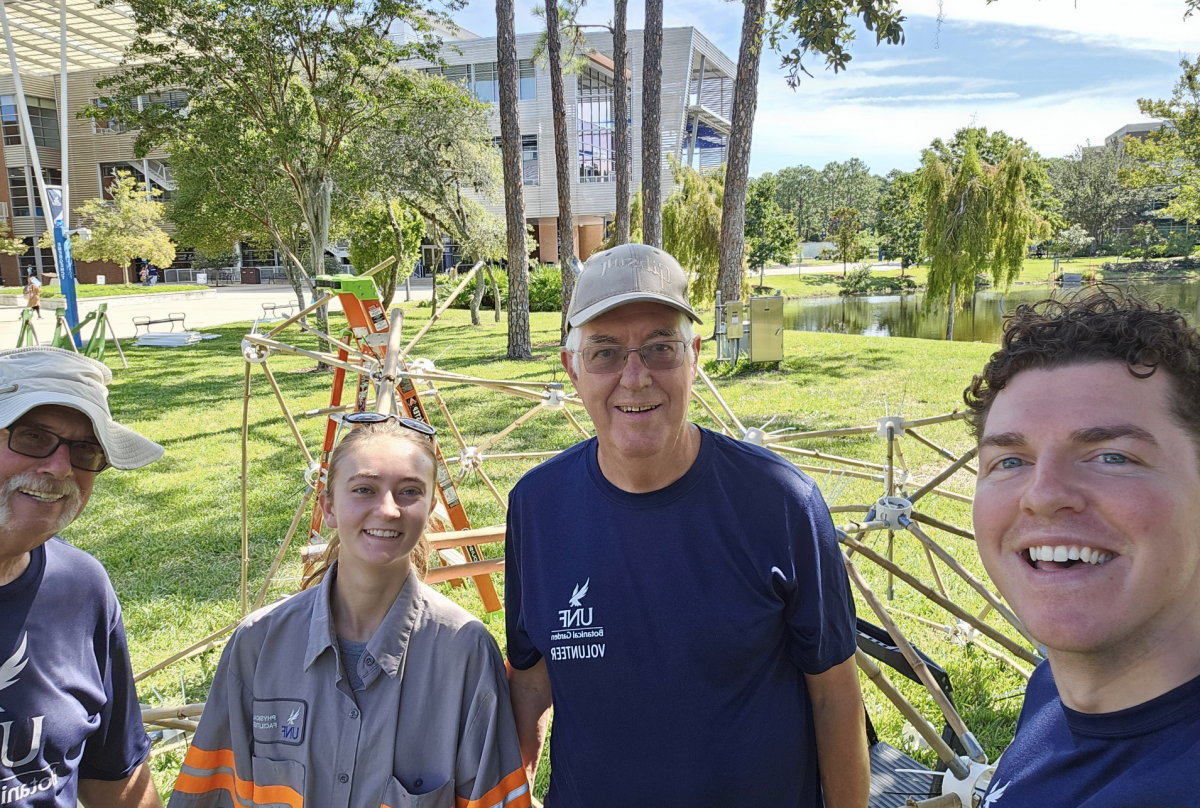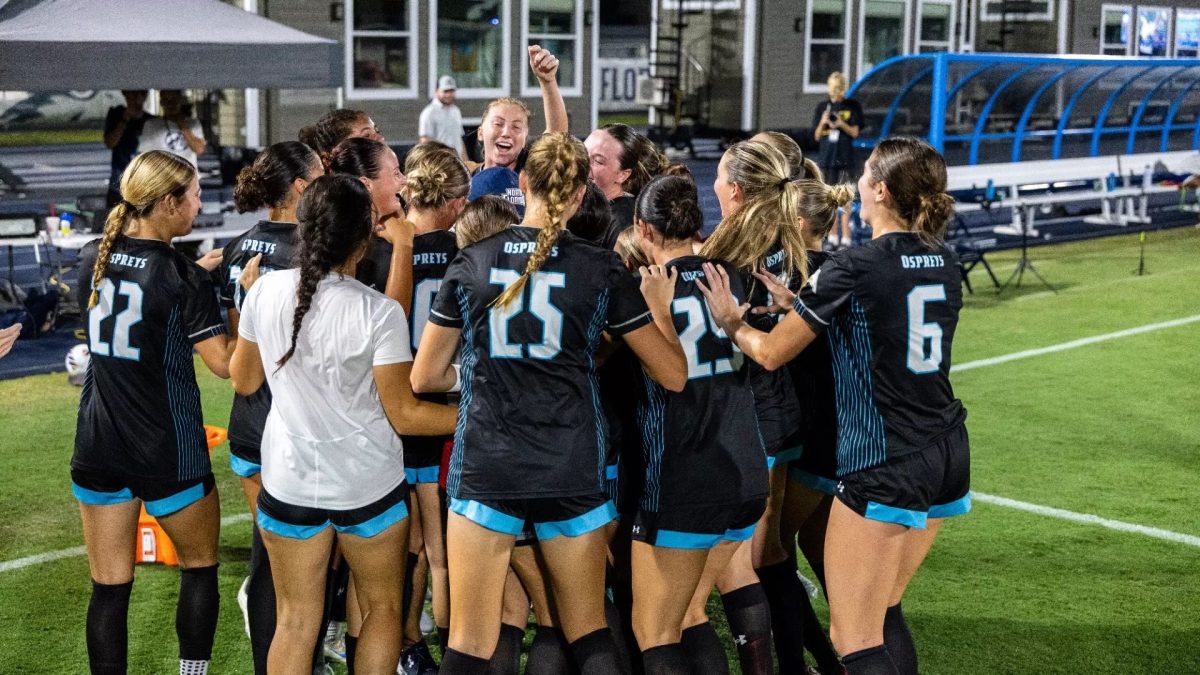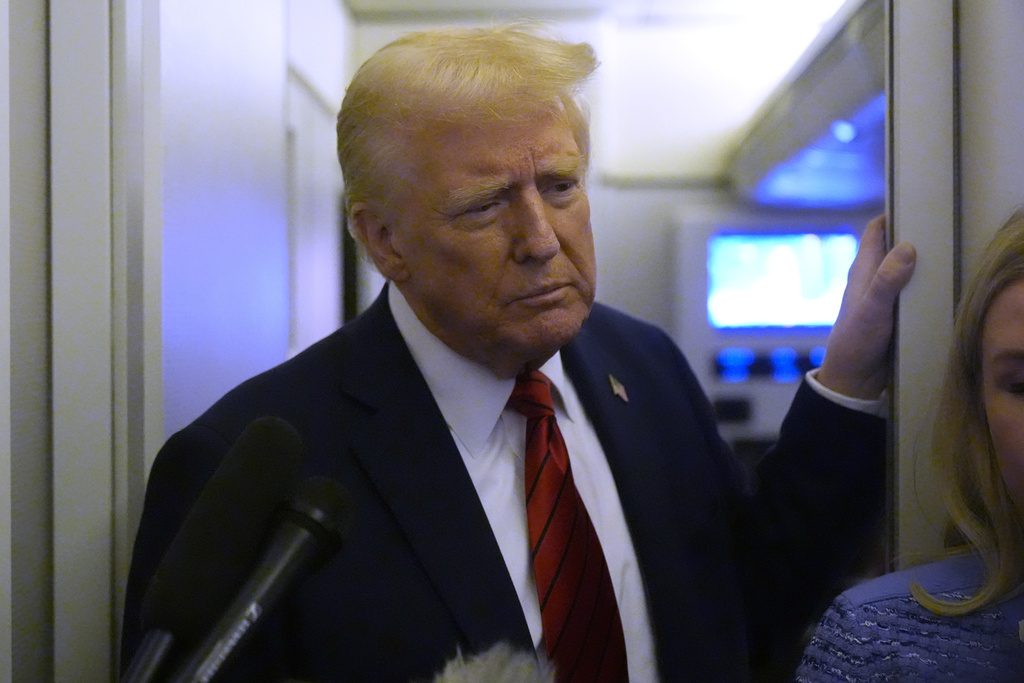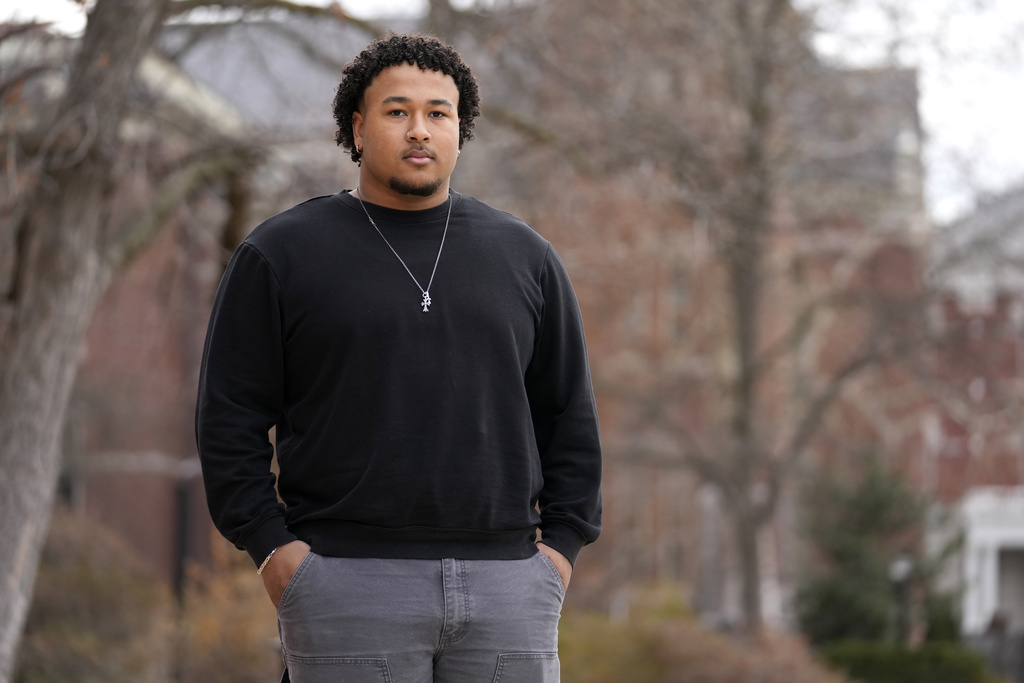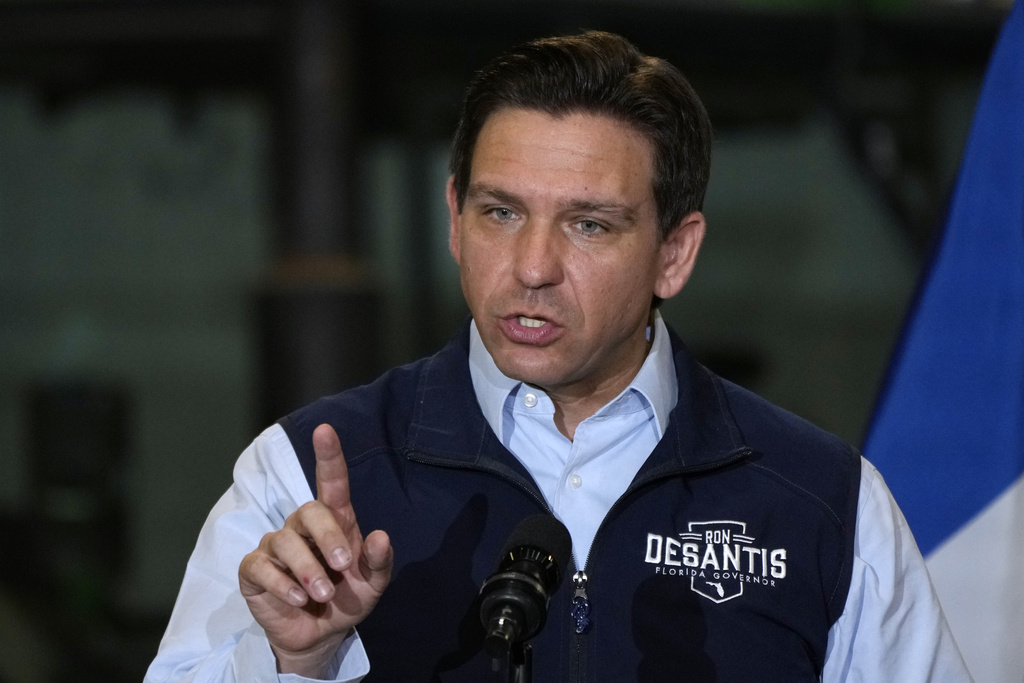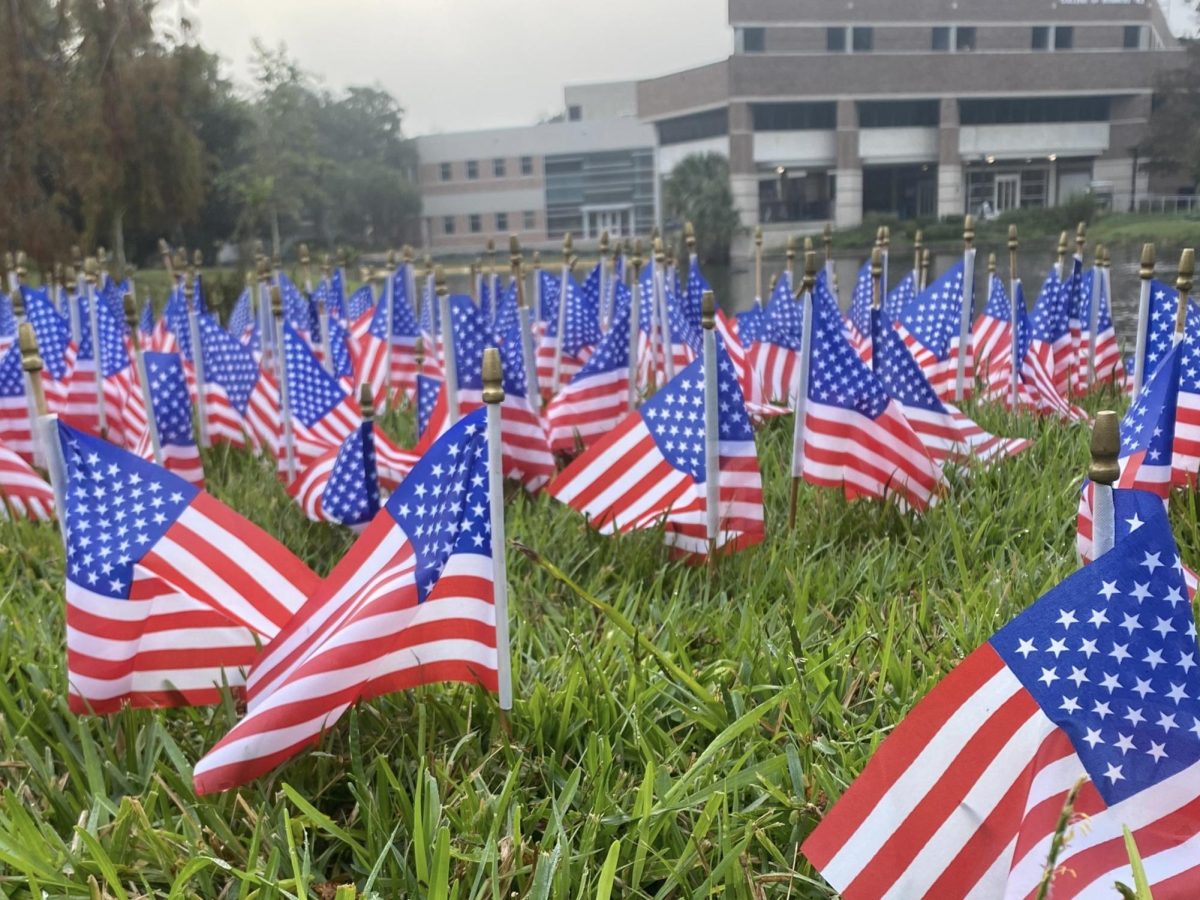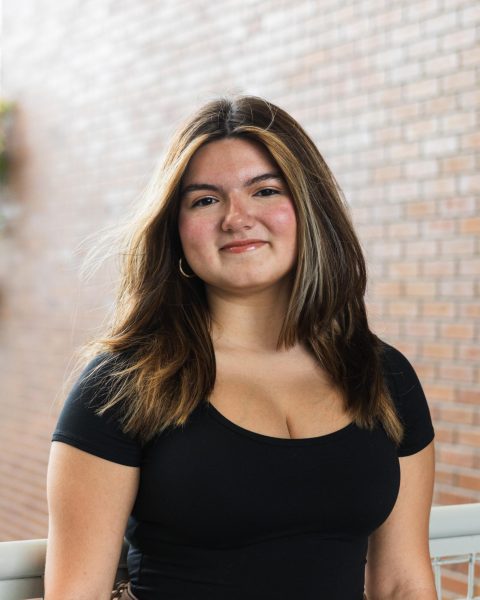Earlier this year, the Florida House of Representatives passed a bill requiring all Florida state universities to establish an Office of Public Policy Events and host at least four debates or group forums each year.
Marking its inaugural event, UNF’s Office of Public Policy Events hosted a forum between faculty representing opposing sides of arguments on free speech and affirmative action.
The law stems from a larger push by the state for unfettered free speech at Florida public colleges and universities, with it stating, “Such debates and group forums must include speakers who represent widely held views on opposing sides of the most widely discussed public policy issues of the day.”
When asked about how this vague language in the bill could possibly lend itself to political extremists being propped up on college campuses, bill sponsor and Republican State Rep. Spencer Roach said:
“If a speaker came onto campus advocating that we should reinstitute slavery; that we should exterminate the Jewish population, I would say this, ‘So what?’ And I will quote our 28th president, Woodrow Wilson, when he said, ‘The best way to expose a fool is to allow him to rent out a hall and put forth his ideas to his fellow citizens.'”
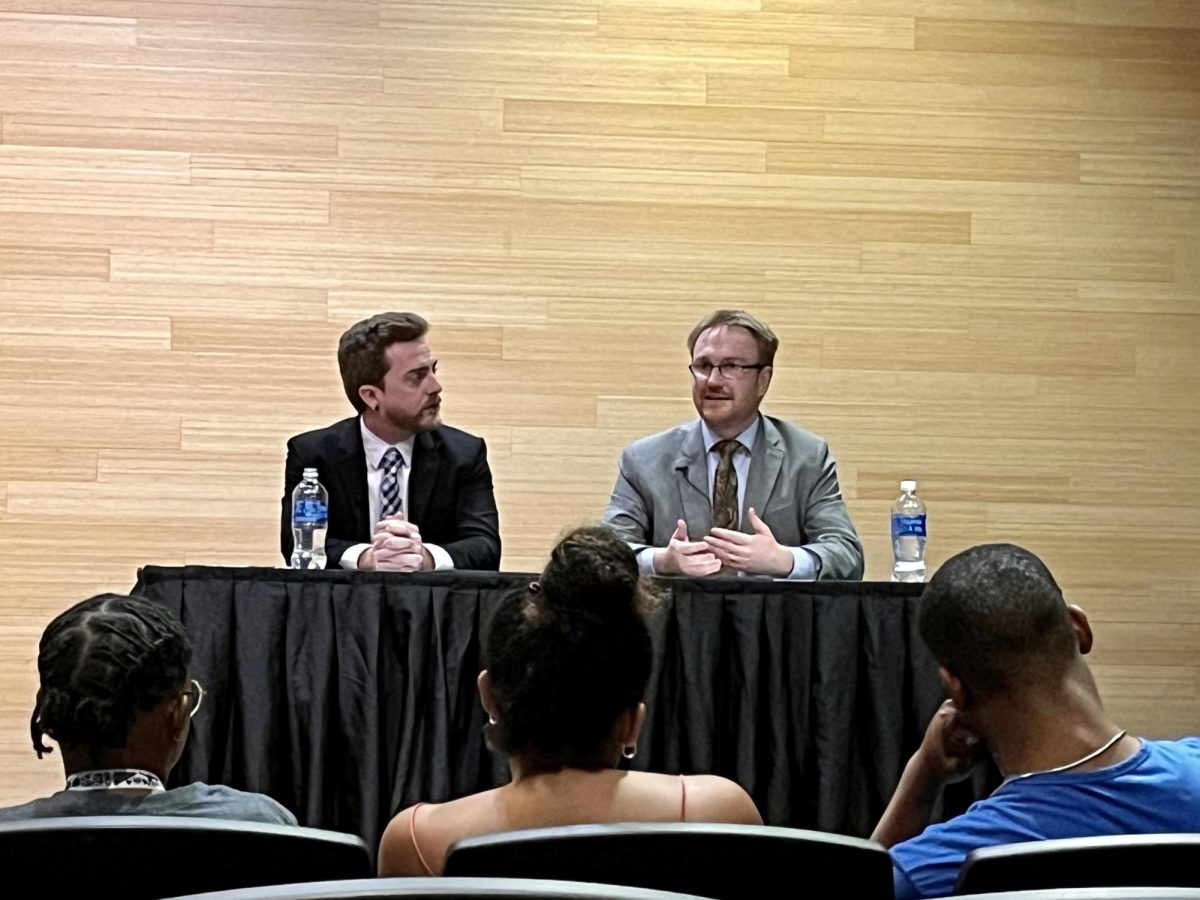
UNF’s Constitution on Campus event brought together four professors from the Department of Political Science and Public Administration to debate this exact issue and more.
Assistant professors Seth Warner and James Fahey represented opposing sides of the free speech argument, with Warner mentioning recent Florida state laws aiming to restrict the discussion of race in the classroom, such as SB 266 and the Stop WOKE Act.
“These are all efforts by authorities to limit the range of ideas that you can be exposed to for your own good. I’m making the case that as a cornerstone of a liberal society, the government doesn’t get to decide what you get to be exposed to,” Warner said.
Echoing Roach’s argument, he also said that it’s more powerful to speak out against those coming on campus to spread hateful beliefs than it is to silence them.
“Where I went as an undergraduate, Westboro Baptist Church came to protest on-campus and they said absolutely disgusting things about our LGBT students, and we had a hundred times more people counter-organizing against that.”
Fahey, who represented the opposing side, disagreed to some extent.
Florida’s Campus Free Expression Act, passed in 2018, made it illegal to designate specific areas on a college campus for protest while banning it in others.
Before this law passed, the University of Florida had a designated free speech zone, which Fahey said was created in response to protestors harassing female students with fake images of graphic abortions.
He believes this policy was created by the university in good faith to protect its students from legal harassment rather than to silence people.
Regardless, free speech remains mostly protected on the UNF campus. Protestors and speakers can share their ideas at any place and any time, so long as they are not threatening anyone or “disrupting the normal functioning of the University,” according to UNF’s Office of the General Counsel.
Despite this, the Florida government continues to crack down on free expression in the classroom and what instructors are allowed to teach.
The Office of Public Policy Events’ next forum will be on Wednesday, Nov. 8 to discuss generative artificial intelligence.
___
For more information or news tips, or if you see an error in this story or have any compliments or concerns, contact editor@unfspinnaker.com.





